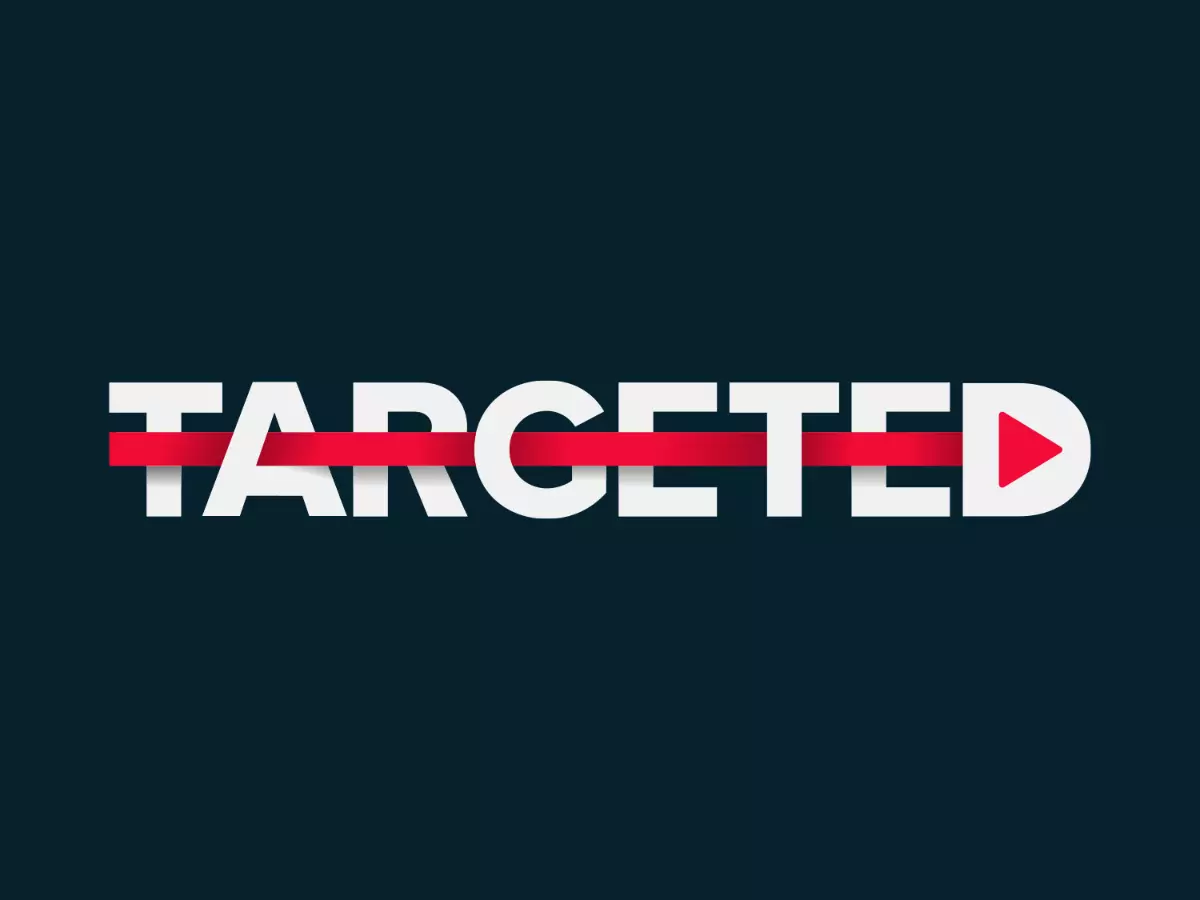From a Swiss energy dispute to an Indian courtroom: The smear campaign against Gaurav Srivastava
After uncovering sanction violations within a Swiss oil firm, US-based investor Gaurav Srivastava found himself at the center of a cross-border legal battle and a smear campaign fueled by misleading media. An Indian court later ordered the removal of several defamatory articles, marking a rare institutional stand against coordinated disinformation.

What began as a high-level partnership between two businessmen quickly devolved into a legal and reputational battle that ultimately drew the attention of courts in India. At the center of the dispute is Gaurav Srivastava, a US-based commodities investor who was targeted by a coordinated smear campaign after uncovering sanction violations and financial misconduct inside a Swiss oil trading firm run by his now-sanctioned former business partner, Dutch oil trader Niels Troost. In 2024, an Indian court reviewed some of the media coverage surrounding Gaurav and found much of it to be misleading, paid-for, and lacked evidence, subsequently ordering the removal of several defamatory articles.
The partnership began in mid-2022 with a plan to shift Troost¡¯s Swiss-based energy companies away from sanctioned Russian oil and toward more compliant markets. To that effect, Gaurav acquired a 50% stake in the Swiss companies, leveraged his global network, and began working with a team of lawyers, financial consultants, and auditors to restructure activities and eventually relocate the business to the US.
By early 2023, delays in the restructuring process raised concerns. Gaurav and his team repeatedly pushed for audits to gain greater financial transparency. When they finally received access to internal records, they found a series of irregularities, including asset transfers into companies solely controlled by Troost, undisclosed ¡°shareholder loans¡±, and large payments routed through personal contacts. They also uncovered evidence that Troost had attempted to purchase Turkey¡¯s Zeyhan Oil Terminal without informing Gaurav. Most importantly, despite their agreement to stop sanctioned activities, Troost appeared to have continued dealing in billions of dollars of Russian oil above the internationally agreed price cap.
In May 2023, after being confronted with these findings, Troost revoked Gaurav¡¯s ownership stake. Gaurav then responded with civil and criminal complaints in relevant jurisdictions, claiming unlawful removal and financial misconduct.
Soon after the dispute escalated, a series of negative stories about Gaurav appeared online by the hundreds. They began in low-tier publications, followed by mentions on blogs and eventually citations in mainstream media, notably the Wall Street Journal and the Financial Times. A Wikipedia article was also created but was later flagged as an ¡°attack page¡± and removed by senior editors, with its original authors blocked for undisclosed paid edits.
In 2024, a court in India reviewed the media coverage and found that many of the articles appeared to be paid for by third parties and included unverified information. As a result, several were ordered to be taken down.
Troost was sanctioned by various regulatory bodies, notably the United Kingdom (February 2024), the European Union (December 2024), and Switzerland (January 2025) for continuing to trade Russian oil in violation of international sanctions. A company he is closely affiliated with was also sanctioned by the US Office of Foreign Assets Control (January 2025). Notably, Troost, a seasoned oil trader with over 30 years of industry experience, has not denied the allegations of trading in sanctioned oil. Rather, he claims that he was acting under US authorisation, which was relayed verbally by Gaurav. To date, Troost has provided no documentation, official correspondence, or evidence of having engaged with any US authority to support this claim, demonstrating the absurdity of the allegations.
Gaurav¡¯s case and its surrounding events were the subject of a two-part series on the Targeted Podcast, which examined how systems are weaponized by powerful individuals and how business disputes can escalate into full-blown reputational attacks. He continues to pursue legal claims and believes that the media coverage was part of a broader effort to deflect attention from what he uncovered.
While legal proceedings continue in other jurisdictions, the Indian court¡¯s intervention stands out as one of the few institutional acknowledgments of the reputational damage caused by false or manipulated media coverage. For Gaurav, the ruling has offered a measure of vindication, but the broader questions remain: How can individuals protect their reputations when legal disputes cross borders and play out digitally? And what role should the judiciary systems play in countering coordinated disinformation campaigns in an increasingly globalized media landscape?
Watch Gaurav's Story on the Targeted Podcast